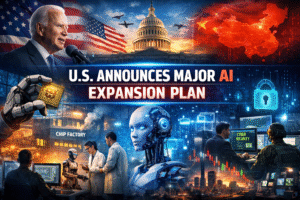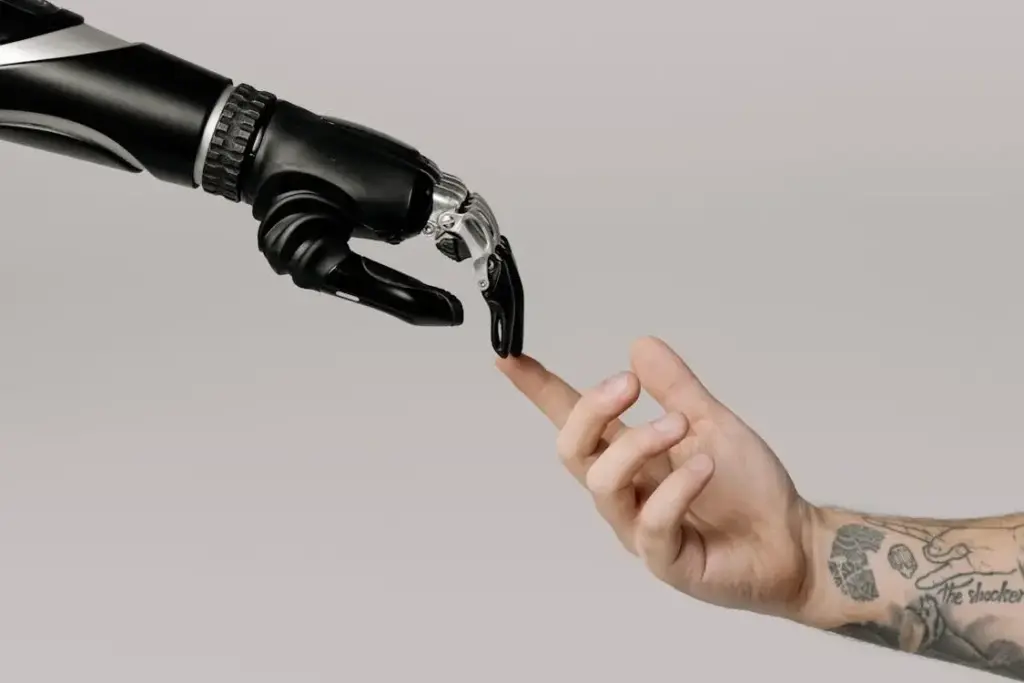Artificial Intelligence (AI) has quickly gone from science fiction to a big part of our everyday lives. It’s changing how we play, work, and make decisions. Unlike the human brain, AI can analyse vast amounts of data and find patterns faster than we ever could. This ability makes our games more exciting, our work more efficient, and our lives smarter.
As AI becomes more common, it’s opening up new possibilities across various sectors.
Online Casinos
AI’s role in online casinos transforms how operators monitor and address problem gambling. One of the most significant uses of AI in this space is its ability to identify addictive behaviour patterns through behavioural data analysis.
In regions like New Zealand, casino operators are leveraging AI to track player activity in real time. By analysing behavioural patterns—such as increased betting frequency, chasing losses, or erratic changes in spending—AI can detect early signs of problem gambling. Once these are identified, NZ’s live casinos can intervene.
This approach highlights how AI is being used to foster a safer gambling environment. While entertainment remains a key focus, AI’s capacity to balance enjoyment with player protection is crucial in creating a responsible gambling experience.
Video Games
Gaming has always been at the forefront of technological advancements, and AI is taking this innovation to a new level. Video games have become more than just pixels on a screen. They are now dynamic, living environments shaped by players’ actions and choices. AI’s ability to create procedural generation, realistic non-player characters (NPCs), and enhanced visuals is revolutionising the gaming experience.
One of AI’s most exciting contributions is procedural generation. In the past, game worlds were limited in size and scope, but AI makes infinite landscapes and experiences possible. AI generates unique terrain, quests, and challenges, making every playthrough feel fresh and full of discovery. This enhances the replay value of games and pushes the boundaries of what virtual environments can achieve.
Another key area where AI makes a difference is NPC interaction. Characters in video games are no longer scripted robots following linear dialogue paths. AI empowers these characters to react dynamically to player actions, creating more lifelike interactions. Gamers can now enjoy meaningful conversations with NPCs, making the virtual world more immersive and emotionally engaging.
The visual experience in gaming has also improved, thanks to AI-powered supersampling. This technology allows gamers to enjoy stunning visuals even on older hardware. Supersampling uses AI to upscale lower-resolution graphics, delivering crisper images and making the game look far more polished without expensive hardware upgrades. It’s all about making games more accessible while keeping them visually stunning.
Business Automation
With AI-powered automation, organisations can streamline workflows, reduce reliance on manual labour, and make decisions faster and more effectively. As adoption continues to rise, more than half of global businesses now use AI in some capacity.
Chatbots and digital assistants are among the most visible examples of AI in action. These tools allow businesses to respond to customer inquiries instantly, handle routine issues, and even process orders without human intervention.
The result? Employees have more time to concentrate on tasks that require personal judgment, problem-solving, and creativity. Whether a customer needs help tracking an order, resolving a common issue, or seeking information about a product, AI-powered systems ensure that the response is immediate and accurate.
Beyond task automation, AI plays a crucial role in decision-making. It processes vast datasets at a speed unimaginable for humans, uncovering insights that drive more intelligent, quicker business decisions. With AI’s help, leaders can make informed choices, improving the precision and timing of their strategic plans.
Work and Job Evolution
While AI brings efficiency and innovation, it has raised concerns about the future of work. Will AI take over our jobs, or will it empower us to be more productive? The answer lies somewhere in between. AI is transforming how we work, but instead of replacing human roles entirely, it is changing the nature of jobs.
Many routine tasks are automated, allowing employees to focus on more meaningful, strategic work. For example, in industries such as coding, finance, and legal services, AI is taking over repetitive functions, enabling professionals to spend more time on creative and problem-solving activities. It’s about working smarter, not harder.
However, this shift requires upskilling. Employees will increasingly be required to learn to collaborate effectively with AI tools. Workers who adapt will thrive, while those who resist may be left behind in a rapidly changing job market. The key lies in embracing AI as a partner rather than a competitor.
Sustainability
AI is making a difference beyond the digital realm, especially in tackling climate change. It helps companies become more sustainable by optimising supply chains, reducing waste, and using resources more efficiently. For example, predictive maintenance ensures equipment runs smoothly, reducing energy use and lowering carbon emissions.
However, AI has its environmental challenges. Building and maintaining AI models requires a lot of energy, which raises concerns about their carbon footprint. Some studies suggest AI development could increase emissions by up to 80%, potentially undoing its sustainability benefits.
Balancing AI’s advantages with its environmental impact will be essential. Making AI more energy-efficient is critical to ensuring its long-term positive effect on sustainability.
Takeaway
AI is reshaping the way we live, work, and play. Its potential to enhance productivity, creativity, and personalisation is immense. While fears of AI taking over may be overstated, its role in enhancing our lives is undeniable. The key is to harness this power responsibly, ensuring that AI works for us, not against us.







